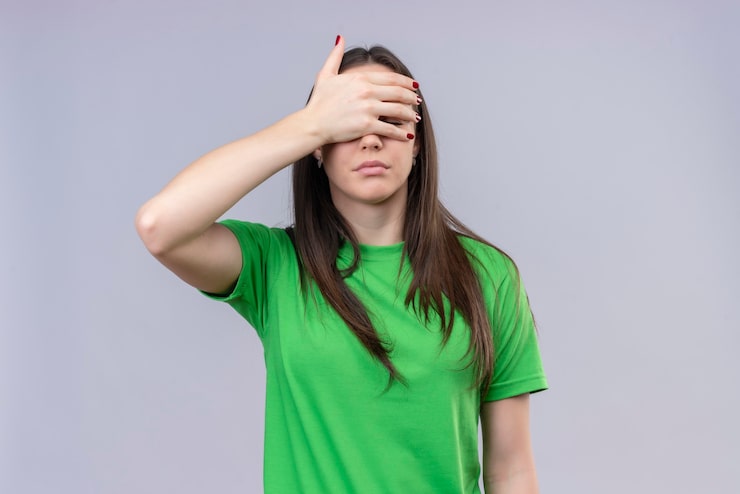In our screen-focused world, dry, tired eyes are a common problem. Long hours on devices, environmental conditions, and lifestyle choices can cause discomfort, redness, and fatigue. Taking simple, proactive steps can ease these symptoms and protect your eye health.
Understanding the causes
Dry, tired eyes can come from many things. Extended screen time, reduced blinking, pollution, allergies, certain health conditions, aging, hormonal changes, and some medications can all play a role. Identifying what’s affecting you is the first step to finding the right solution.

Follow the 20-20-20 rule
A quick, effective habit is the 20-20-20 rule: every 20 minutes, look at something about 20 feet away for 20 seconds. This helps relax your eye muscles and reduce strain. You can use reminder apps like Eye Saver or Stretchly, browser extensions like Protect Your Vision or Take a Break, or desktop tools like Time Out (Mac) and Workrave (Windows/Linux) to make this easier.
Maintain proper lighting
Place your screen to avoid glare and make sure the room is evenly lit. Natural light is best, but if that’s not possible, use soft artificial lighting to prevent strain.
Stay hydrated
Drinking enough water helps keep your eyes moist. In dry indoor environments, a humidifier can maintain better air moisture and reduce eye dryness.
Blink regularly
When we focus on screens, we blink less. Make an effort to blink more often to spread tears over the eye surface. If needed, use lubricating drops like TheraTears to add relief.
Adjust screen settings
Reduce eye stress by adjusting brightness, contrast, and font size for comfortable viewing. Consider blue light filters or glasses if you spend many hours in front of screens.
Get adequate sleep
Good sleep supports eye recovery. Aim for 7–9 hours a night to help reduce eye fatigue and dryness.
Environmental adjustments
Air quality and humidity affect eye comfort. Try these changes:
– Use a HEPA air purifier to cut down on dust, pollen, and other irritants.
– Run a humidifier in dry conditions, especially in winter.
– Clean surfaces, bedding, and filters regularly with a damp cloth to avoid stirring up dust.
– Improve ventilation by opening windows when you can.
– Avoid indoor smoke and use kitchen exhaust fans when cooking. If smoke exposure occurs, soothing eye drops can help.
Consult an eye care professional
If symptoms don’t improve or get worse, see an eye care professional. They can check for underlying issues and recommend targeted treatments.
Managing dry, tired eyes means combining good habits, environmental changes, and professional care when needed. Small daily steps can make a big difference in comfort and long-term eye health.